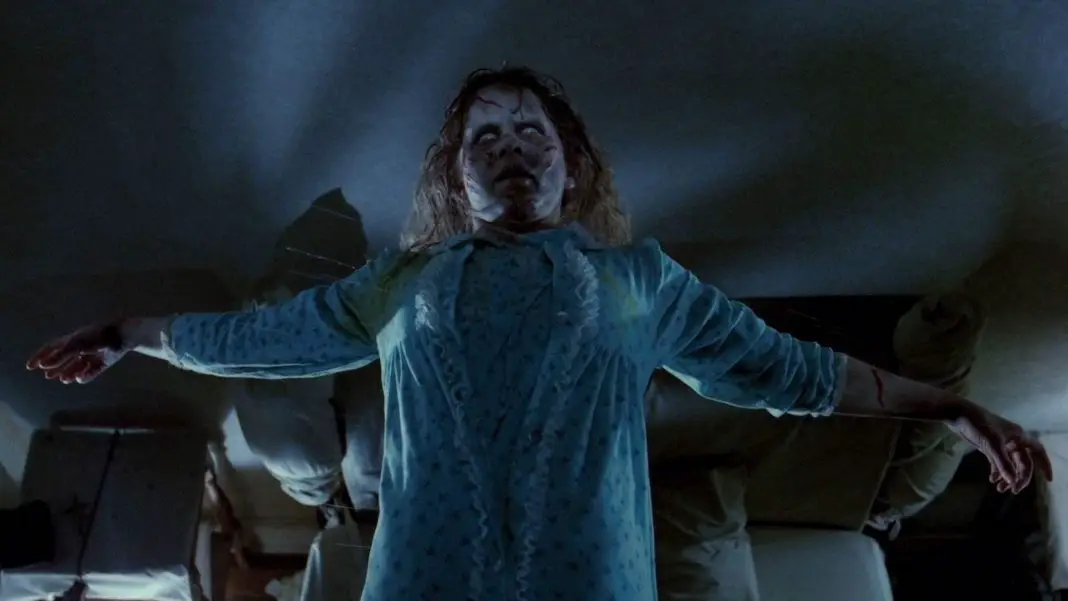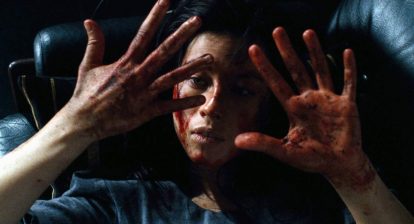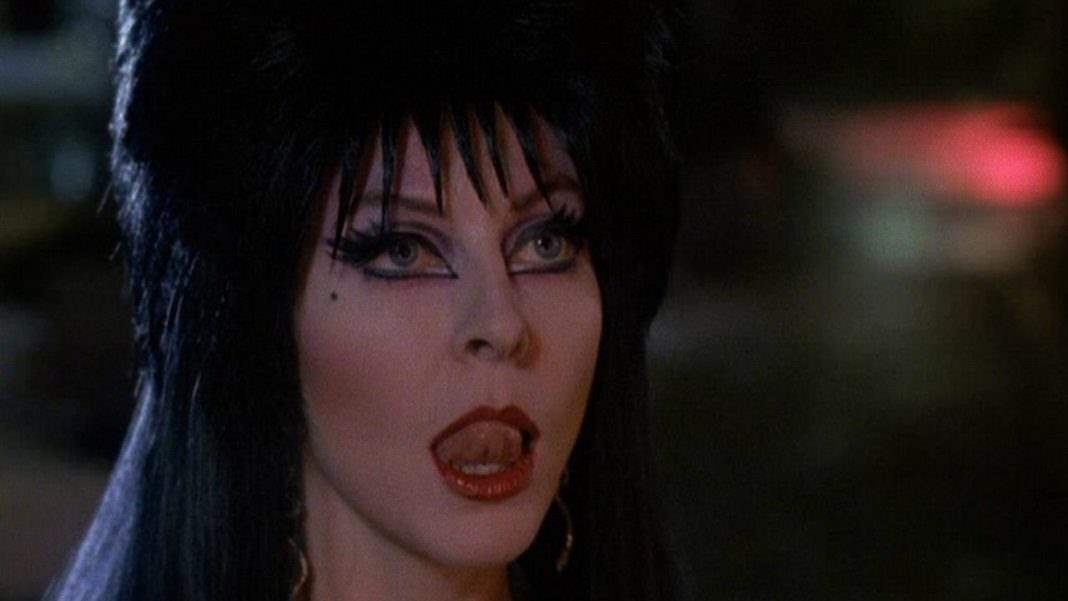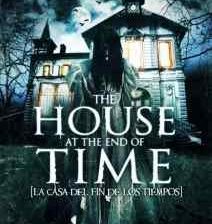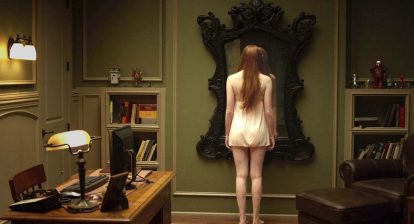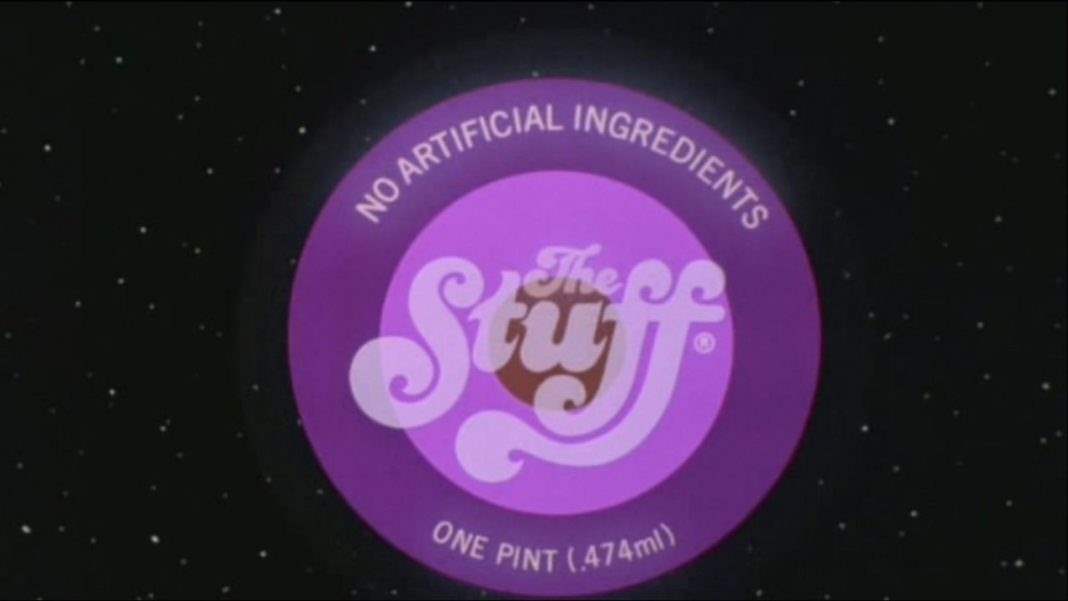As much as slashers get criticized for being so simple and formulaic, they are usually different enough for fans to be able to watch one after another. The Prowler, April Fool’s Day and Sleepaway Camp all have very different, distinct styles and tones. Vampire films can get extremely different. Werewolf features often find themselves limited, but even they break out. Even the two biggest, American Werewolf in London and The Howling, are totally different movies. Possession films don’t get that nearly as much. Perhaps even more than slashers, they are defined by their formula. And the answer to that is actually extremely simple: No other sub-genre in horror is as defined by one film as possession. When you think of vampire flicks, you might think of Fright Night or Lost Boys or Dracula. When you think of slashers, you may think of Halloween, Nightmare on Elm Street or even Texas Chain Saw Massacre. But when you just hear the word “possession”—in relation to horror, at least—you think of The Exorcist.
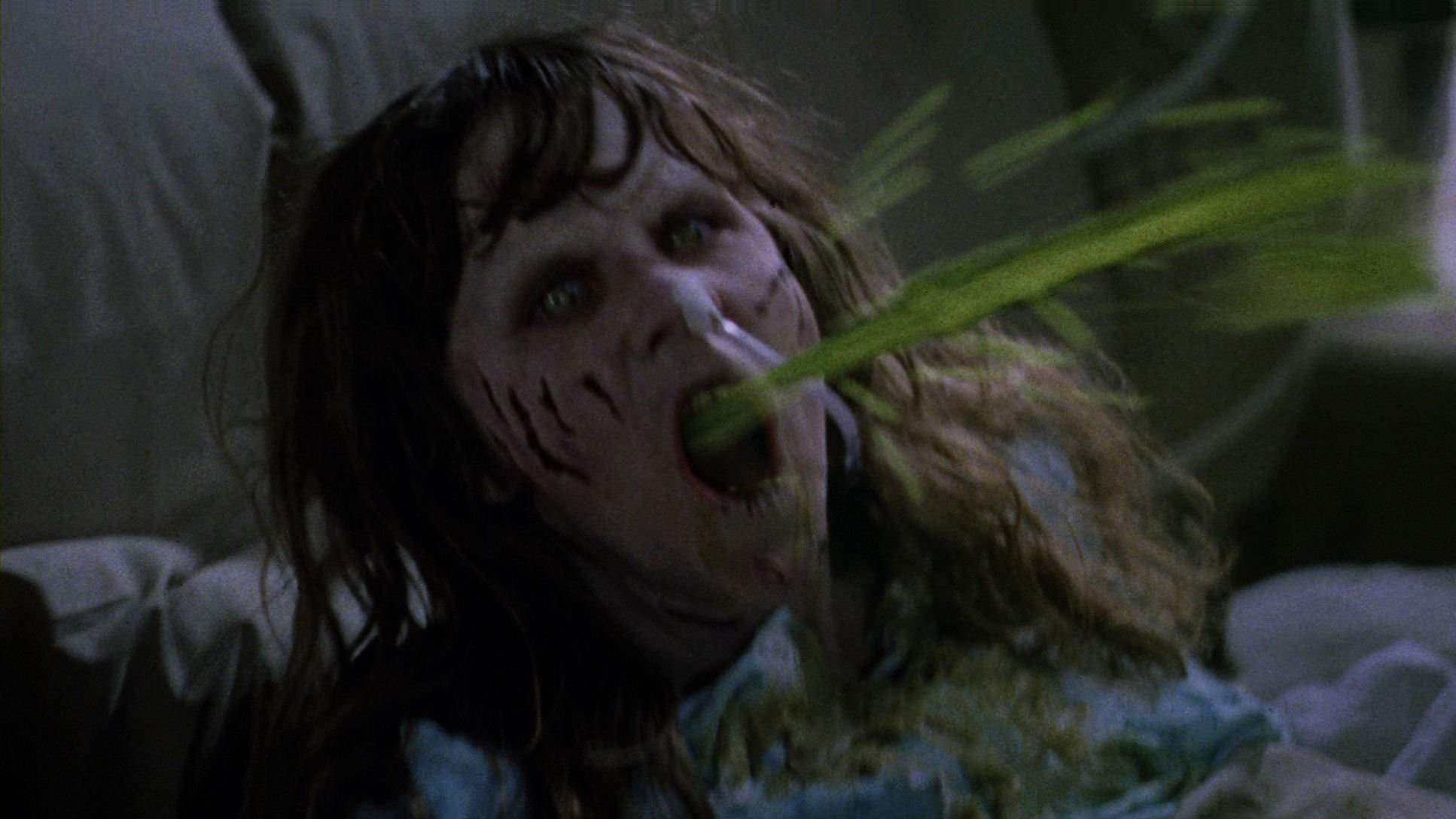
There are exceptions, of course. The Exorcism of Emily Rose smartly structured itself as a courtroom drama so that it could feel different from what had come before. It still featured all of the classic elements, but they were presented in a different way, and that’s why I think that film succeeds. Even the more recent Ava’s Possessions was very smart in that it was about what happens after the normal possession story. It required a knowledge of this type of feature, but it didn’t dwell on those same elements, making it a surprisingly well handled satire.
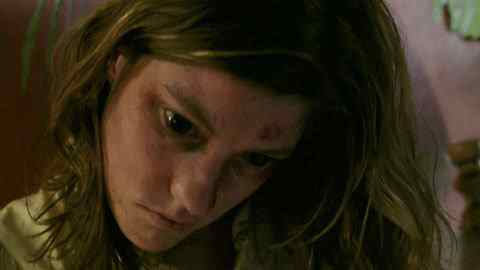 And, of course, one of the biggest horror franchises of all time is a possession story, but is rarely ever referred to as such. The Evil Dead could not be more about demonic possession if it tried, but it’s a completely different type of possession story than The Exorcist. Because of that, it almost never gets lumped into its own sub-genre. When you want to look at a possession flick that feels different from the rest, it’s an obvious classic example, but it never really seems to get brought up.
And, of course, one of the biggest horror franchises of all time is a possession story, but is rarely ever referred to as such. The Evil Dead could not be more about demonic possession if it tried, but it’s a completely different type of possession story than The Exorcist. Because of that, it almost never gets lumped into its own sub-genre. When you want to look at a possession flick that feels different from the rest, it’s an obvious classic example, but it never really seems to get brought up.
Related: Ten Things You Probably Didn’t Know About The Exorcist
Typically, even when possession films try to be different, there are obstacles put in their way. Studios financing something with Exorcism in the title want to make The Exorcist. That’s really amazing, when you think about it, that over every horror feature you can think of, this one from over forty years ago still has that much sway in the industry. Normally, studios just depend on you to know nothing about a movie other than its title. That’s the general goal with remakes.
A classic example of a film pressured not to be too different is William Peter Blatty’s Exorcist III. He’d written The Exorcist, he’d been a part of making that one, he wanted the sequel—his sequel, not Exorcist II: The Heretic—to be based on his own follow-up novel, Legion. It was a supernatural detective story and a very different thing from what The Exorcist had been and that was his entire reason for making it. You don’t want to retread old ground, especially for something that huge. So he made his movie and it was great, but there were moments where you could see the studio getting nervous that it was getting too different from what The Exorcist had been, so they forced some reshoots to actually add an exorcism into it at the last minute.
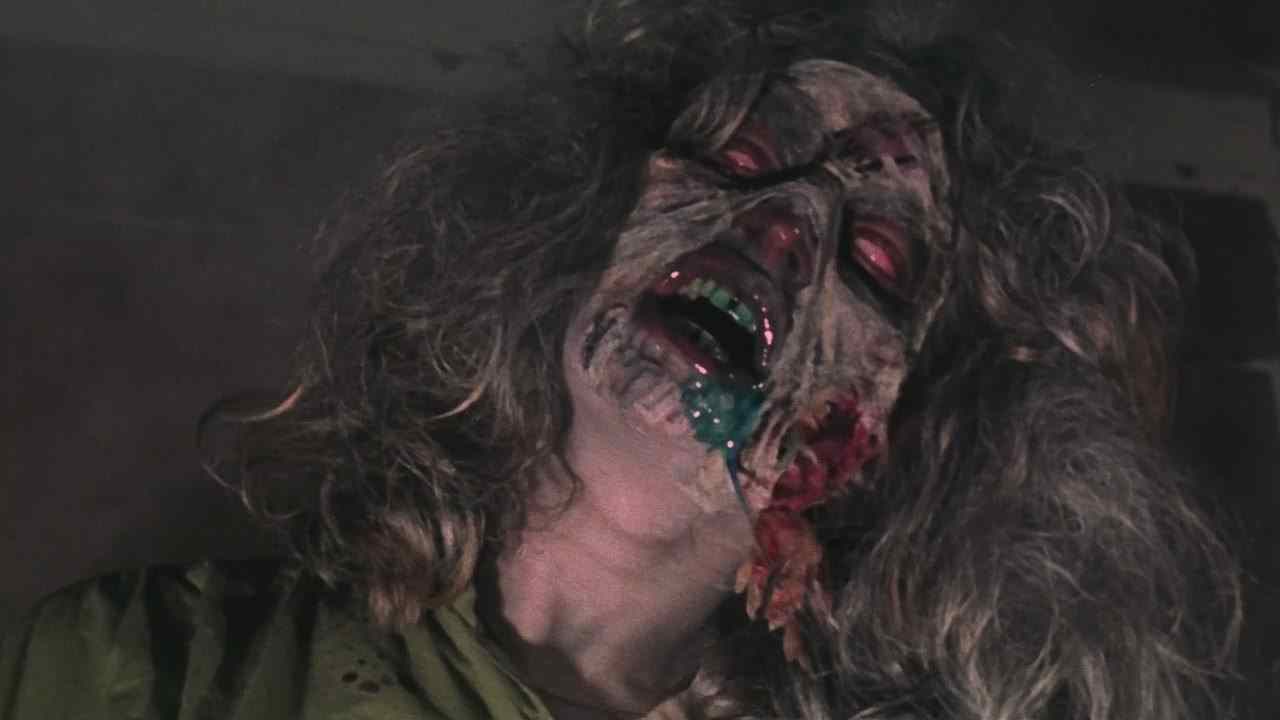 To most people, it seems obvious that a film with Exorcist in the title needs an exorcist, but I think that it would have worked just fine or even better without that scene and would still have earned the title. These are characters from The Exorcist, this is continuing the legacy of The Exorcist and the movie is still about possession to its core, it’s just a different exploration of possession than what The Exorcist had been. I don’t think the studio should have tried to make it suffer for that.
To most people, it seems obvious that a film with Exorcist in the title needs an exorcist, but I think that it would have worked just fine or even better without that scene and would still have earned the title. These are characters from The Exorcist, this is continuing the legacy of The Exorcist and the movie is still about possession to its core, it’s just a different exploration of possession than what The Exorcist had been. I don’t think the studio should have tried to make it suffer for that.
But that’s just the impact that The Exorcist still has to this day. It was so wildly successful, it’s so infamous, that there may always be a need to recreate that success. Perhaps the most recent example is the short-lived but surprisingly well done Exorcist TV series at FOX. They say that imitation is the highest form of flattery, and I guess in the case of Exorcist and possession films as a whole, that has certainly proven to be true. I would one day like to see possession be able to breathe, to have as many outlandish, different features as vampire movies, because the concept itself is incredibly wide.
